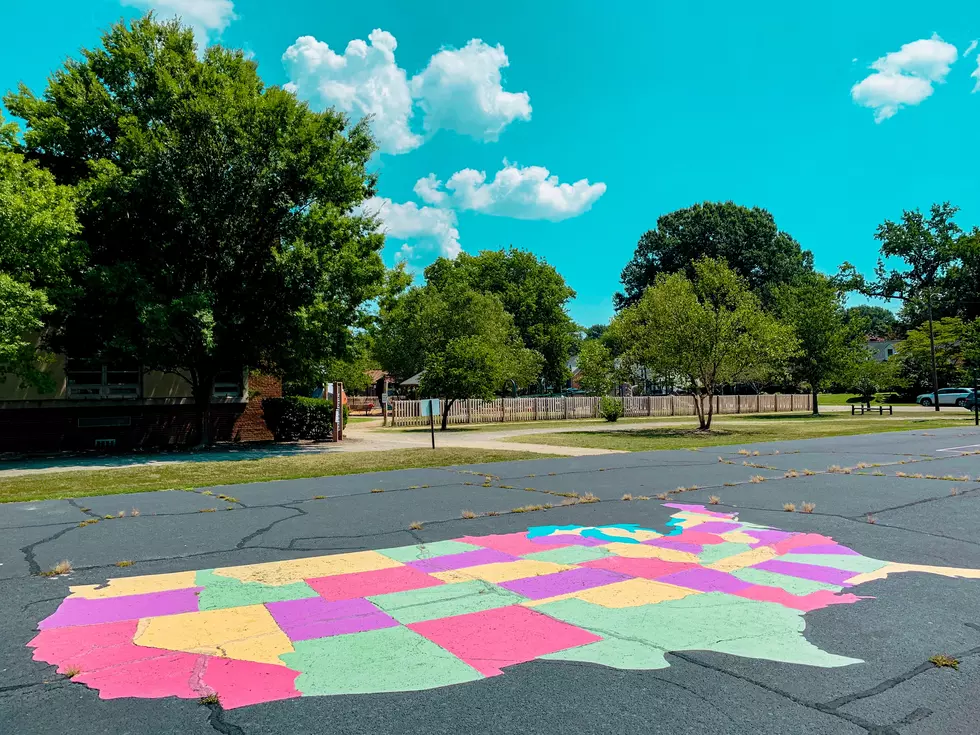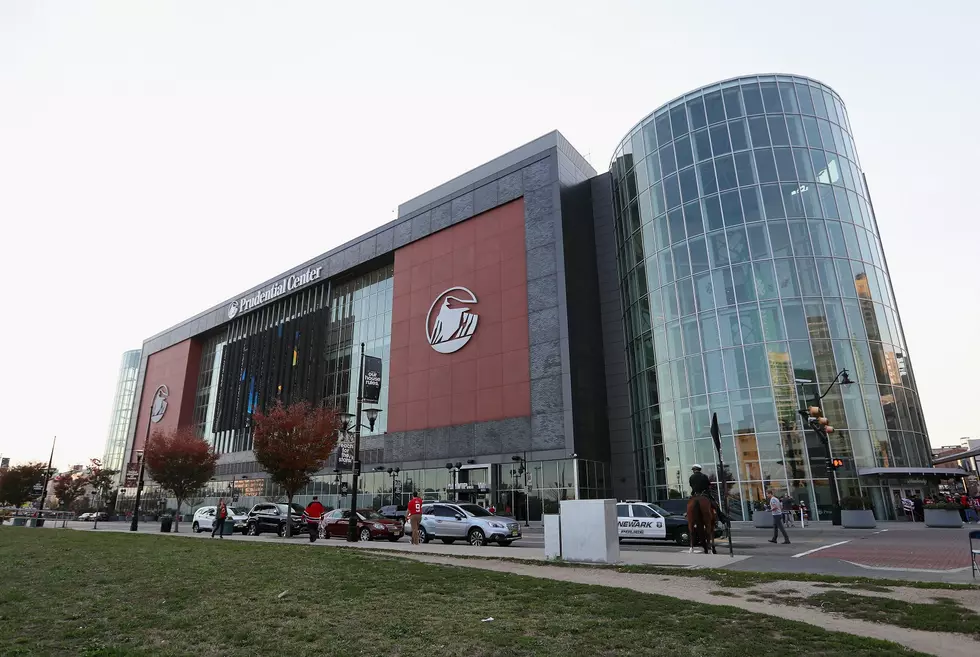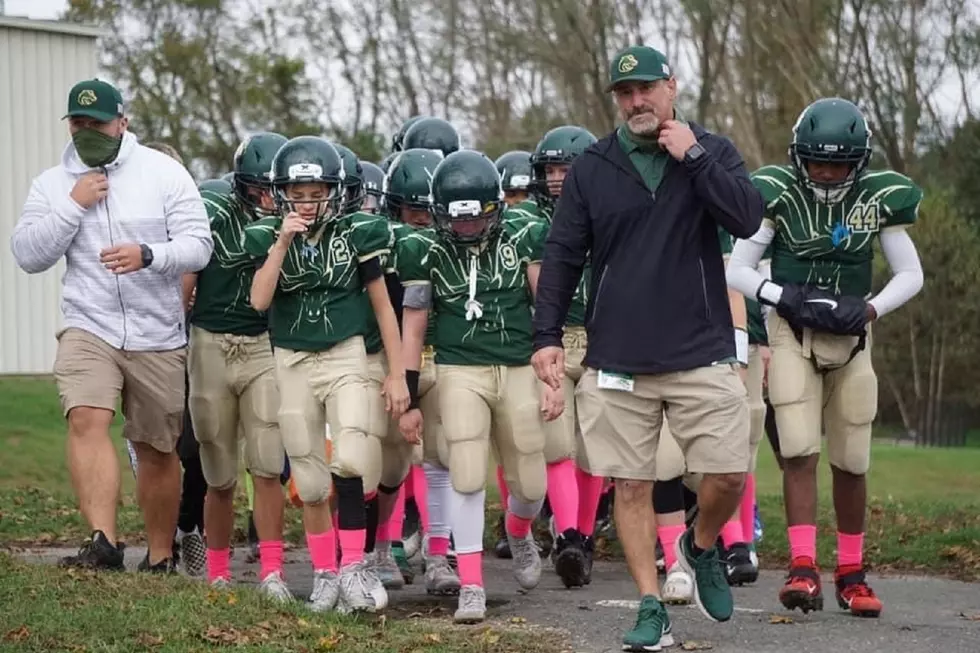
Groups urge tax hikes to narrow NJ’s $10B drop in revenue
By the end of this week, the state Treasury Department must announce updated revenue forecasts for the current and upcoming budget years. It has already projected that the coronavirus disruptions will cause an overall $10 billion shortfall – a gap that progressive groups want to narrow through tax increases.
Brandon McKoy, president of New Jersey Policy Perspective, which helped convene the 19-group coalition For The Many, said New Jersey ended up with the slowest recovery in the nation after the Great Recession because it wouldn’t consider tax increases.
“We know that the last time New Jersey went through this situation, it was a cuts-only approach paired with a ton of corporate tax subsidies that really haven’t shown their worth,” McKoy said. “And so this time around let’s not do that. Let’s have a balanced approach.”
McKoy and Sue Altman, executive director of the New Jersey Working Families Alliance, say that government cuts are inevitable but shouldn’t be too deep.
“Austerity will not work. It will simply deepen inequity,” Altman said. “We’ve seen this already. We must learn from 2008.”
“We risk making the same mistakes that prevented our state from making a full recovery until eight years after the Great Recession,” said Renee Koubiadis, executive director of the Anti-Poverty Network of New Jersey.
The groups want to create four new income tax brackets and increase the rates at two others, raising taxes on income starting at $250,000; raise the sales tax back to 7% and apply it to more services; bring back the estate tax, on estates worth $1 million or more; and change the way corporate taxes are calculated on multi-state and multi-national corporations.
Sen. Steve Oroho, R-Sussex, called the groups "The Many Taxes coalition" and said tax increases would set back the eventual recovery of the New Jersey economy, which he said could be in position to gain from its location given the likelihood that efforts will be made to return supply chains to the country.
“The recessions back in the early 2000s show that the worst thing to do in a recession is to look at raising taxes,” Oroho said.

Oroho said state and local governments have proven to be adaptable over the last two months and suggested it’s a good time for the state to take another look at the government reforms in the Path to Progress reports that can reduce government inefficiencies and spending.
“It’s just incumbent upon government in general to show we are going to get or house in order before we ask somebody to pay anything more,” Oroho said.
The Murphy administration has until Friday to provide a detailed update on state revenues and outline changes to expenditures in the current budget – both increases to respond to the virus and planned cuts.
More from New Jersey 101.5:
See the Must-Drive Roads in Every State
Michael Symons is State House bureau chief for New Jersey 101.5. Contact him at michael.symons@townsquaremedia.com.
More From Shore Sports Network










